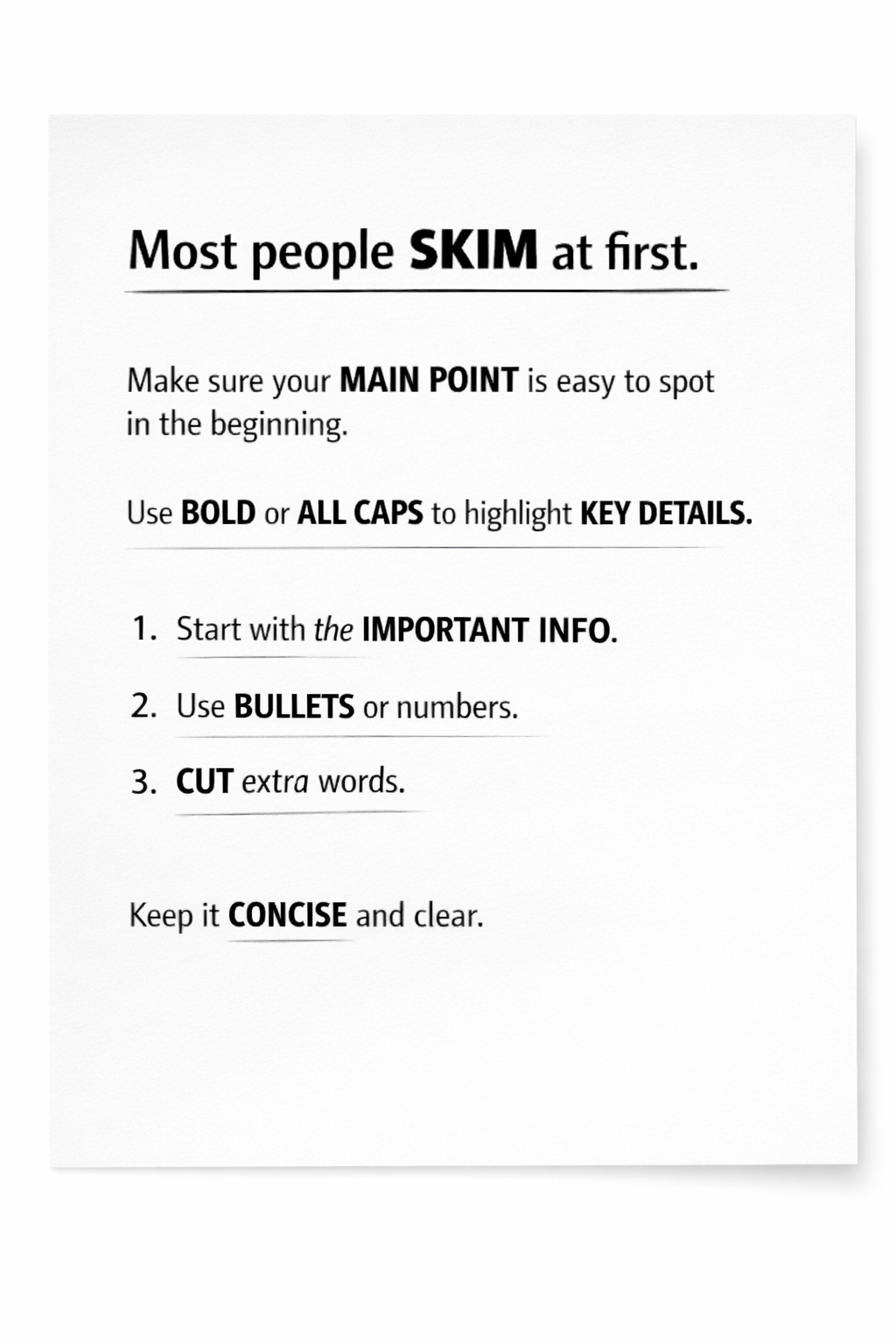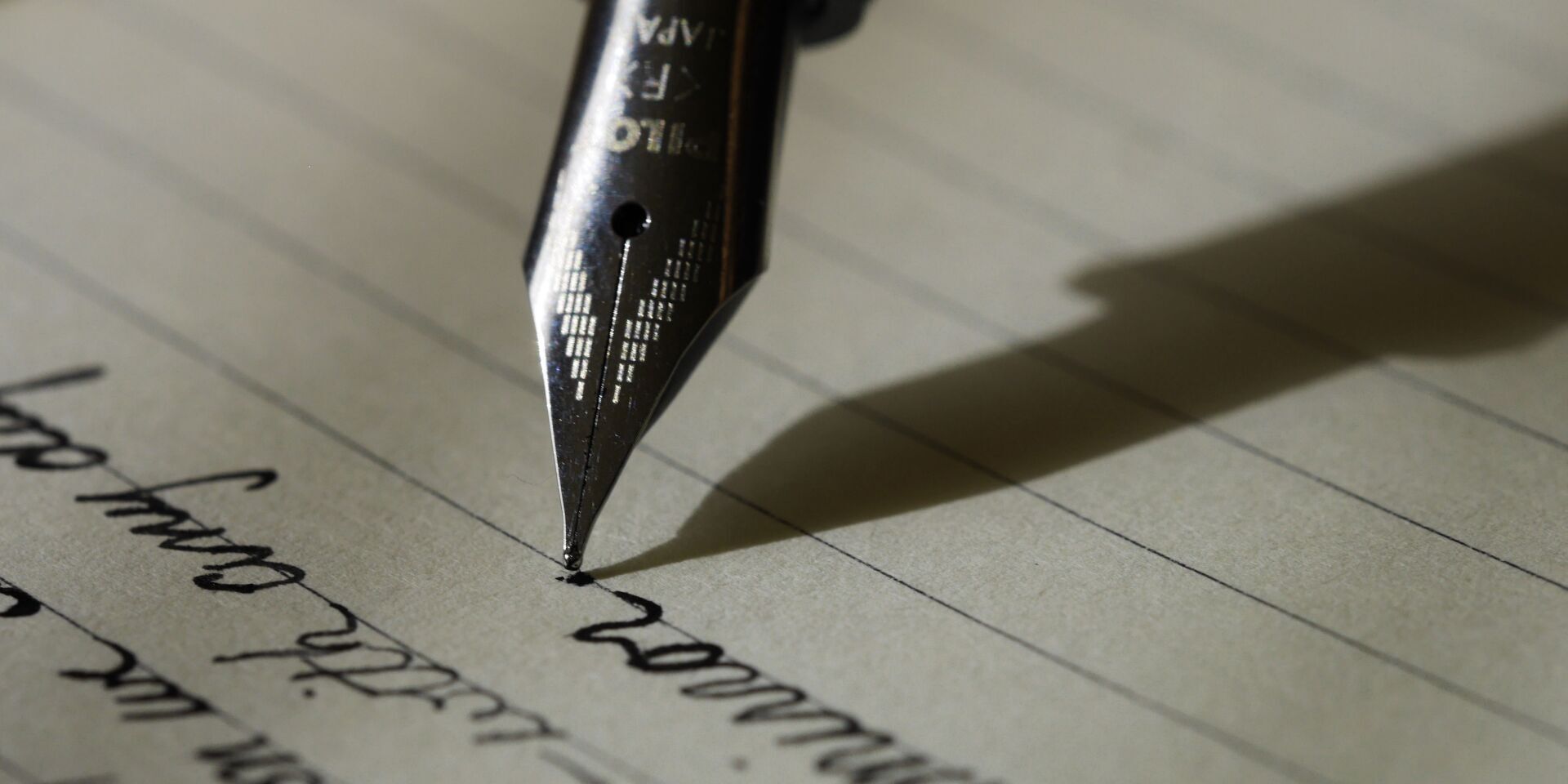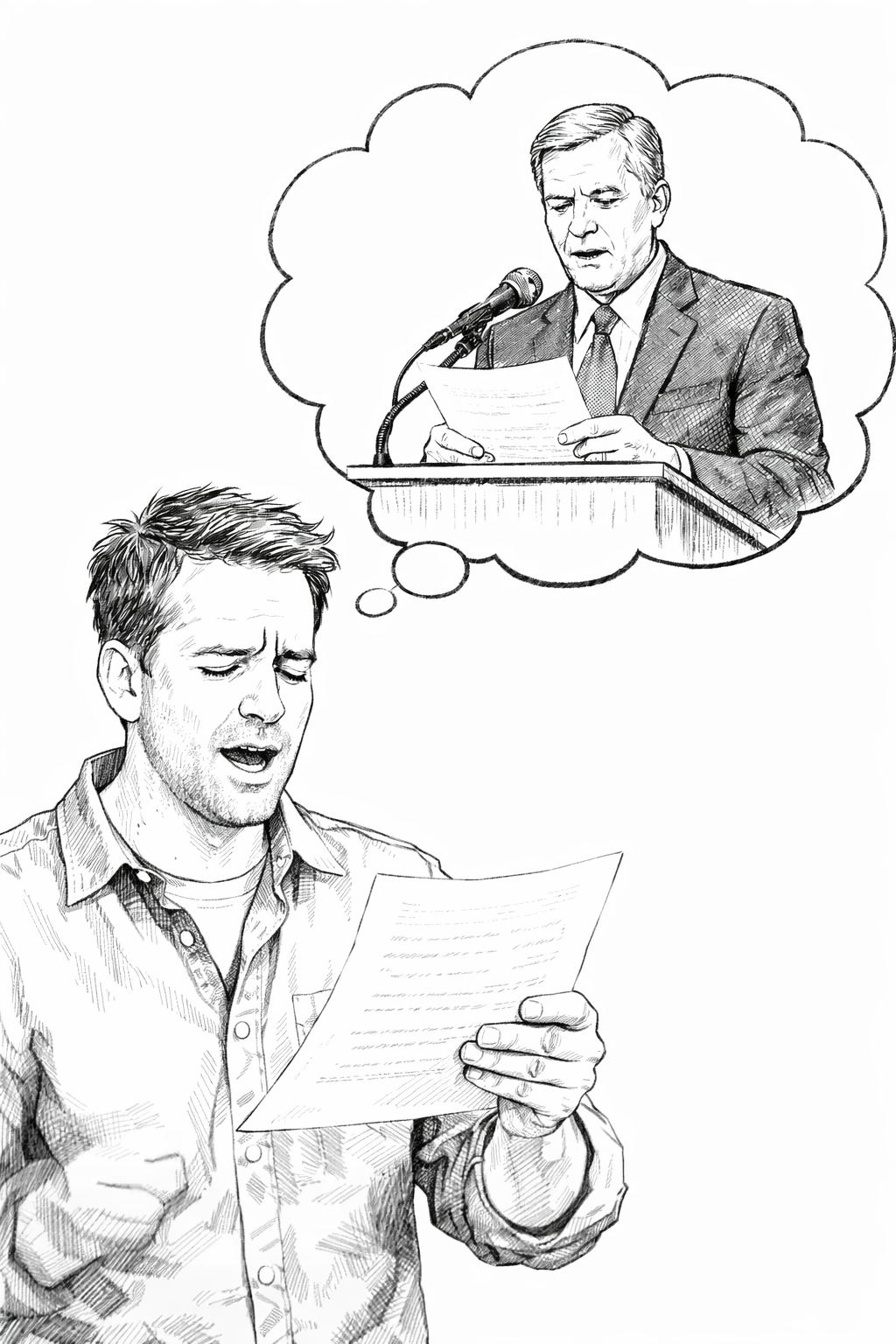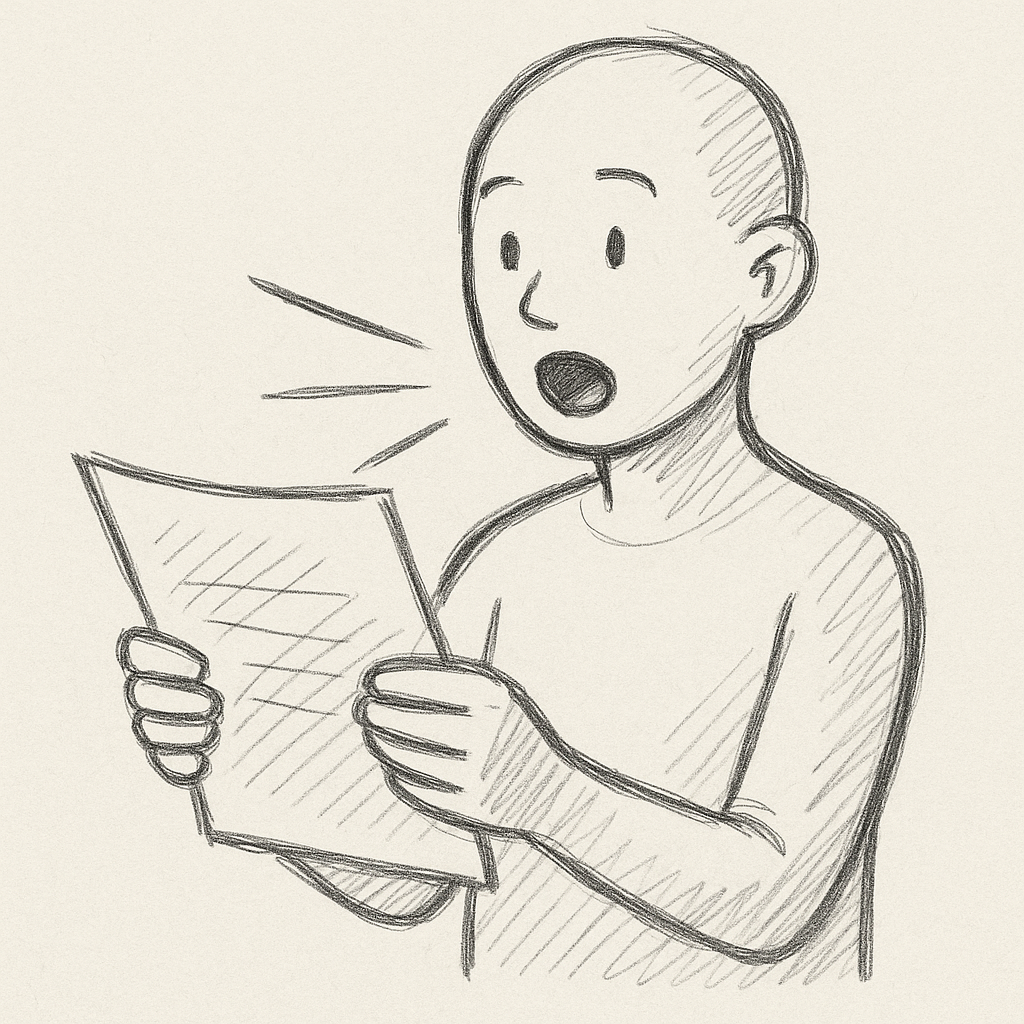Nib #6: White House Whiffs on Pre-Writing Strategy
The first two steps any writer must take before beginning a piece of persuasive writing are:
1. Identify your audience: “Who am I talking to?”
2. Begin with the end in mind: “What am I trying to persuade them to do?"
President Joe Biden and his staff failed this test last week when preparing his prime-time response to Special Counsel Robert Hur’s final report.
The president’s performance has been widely panned, especially his struggles fielding reporters’ questions. But even Biden’s prepared remarks were a strategic muddle.
The gist of the five-minute speech was: "The report absolved me. The investigation was thorough. Donald Trump did the same thing as me, but in a bad way. The report’s characterization of my memory is inappropriate and wrong."
Question 1: Who was the audience for this speech? It wasn't the whole country. It seemed mostly to be targeting the ~60% of the country not already voting Republican this fall: partisan Democrats and gettable independents.
Question 2: What was the speech supposed to persuade that audience to do?
This is a little fuzzier, but it seems mostly meant to refute Hur’s characterization of the president as a “sympathetic, well-meaning, elderly man with a poor memory.”
Given those answers, the speech never should have been given.
Consider the obvious internal contradictions:
- If the investigation was thorough, why should we doubt its assessment of the president’s mental powers?
- And why mention in the speech — twice! — Biden’s five-hour interview with the Special Counsel, when that only strengthens the report’s credibility?
- Was there any reason to believe Biden’s delivery of the speech would be confident and commanding enough to match its claims of mental acuity?
- If the president was vindicated, why bother to mention Trump at all, let alone in a petty bit of hair-splitting? Who is supposed to have been persuaded by “See, I mis-placed the documents in my garage, but he mis-handled the documents in his basement! Boo-yah!”
- Finally, what was the 50-megaton political message in the speech that White House staffers thought was worth the likelihood that Biden would stumble at the podium? It’s just not there.
The whole exercise was high risk, low reward. Given its audience and mission, Biden’s remarks were doomed before his speechwriters began the first draft.
Pre-writing strategizing should have led Biden’s staff to ignore the memory stuff altogether, and turn the legalistic first half of the speech into an op-ed by the White House Counsel for the New York Times. That the president was reportedly livid about the report is all the more reason his staff should have protected rather than indulged him.
The lesson for young writers? Trust the process more than your principal.
Until next week… keep writing!











